On the morning of August 1, the leader of Hue Central Hospital said that doctors at the Neonatal Intensive Care Unit had successfully treated a case of a child with a rare disease, small intestine torsion.
The newborn weighed 2.1 kg. After birth, the abdominal skin was pale, he groaned, and his entire abdomen was hard to touch. The mother complained that the fetus had little movement since the night before birth.

The baby was discharged from the hospital on the morning of August 1 after treatment (photo source: Hue Central Hospital).
After performing tests and consulting with multiple specialists, the doctors diagnosed the child with intestinal obstruction and ordered emergency surgery.
Doctors said that when opening the abdomen, they discovered a segment of the patient's small intestine had herniated through a natural defect in the small intestine mesentery, leading to intestinal torsion and strangulation.
After surgery, the patient was transferred to the Neonatal Intensive Care Unit - Newborn Pediatrics, Hue Central Hospital and received intravenous nutrition to ensure energy recovery after major surgery, active antibiotic treatment, and vitamin supplementation.
After 6 days, a second surgery was performed to repair the narrow anastomosis. The patient was given oral feedings gradually increasing on demand, sucked well, gained weight, had normal urination and defecation, a soft abdomen, and the surgical wound healed well.
After two surgical treatments and intensive pediatric treatment, the patient has now been discharged from the hospital.
Dr. Nguyen Thanh Xuan, Deputy Director of Hue Central Hospital, said that intestinal volvulus is a disease that causes intestinal obstruction and food stagnation, reducing blood flow to the intestines, causing inflammation, intestinal necrosis, peritonitis, and endangering life.
"There are many causes of intestinal volvulus, of which internal hernia through a natural defect in the small intestine mesenteric orifice is a rare cause in newborns but is common in children with meconium ileus.
Early diagnosis and surgical treatment are needed to preserve the intestine as much as possible. If not treated promptly, the damaged intestine can become irreversibly necrotic, causing infection and abdominal poisoning leading to death," said Dr. Nguyen Thanh Xuan.
Source


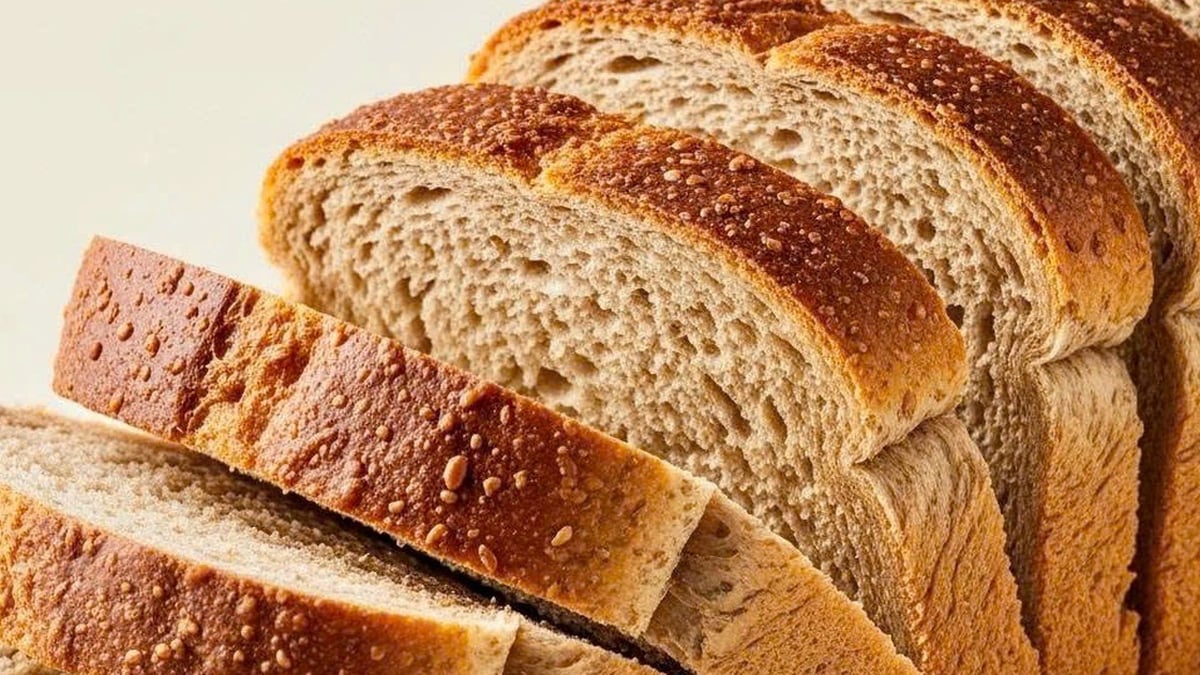

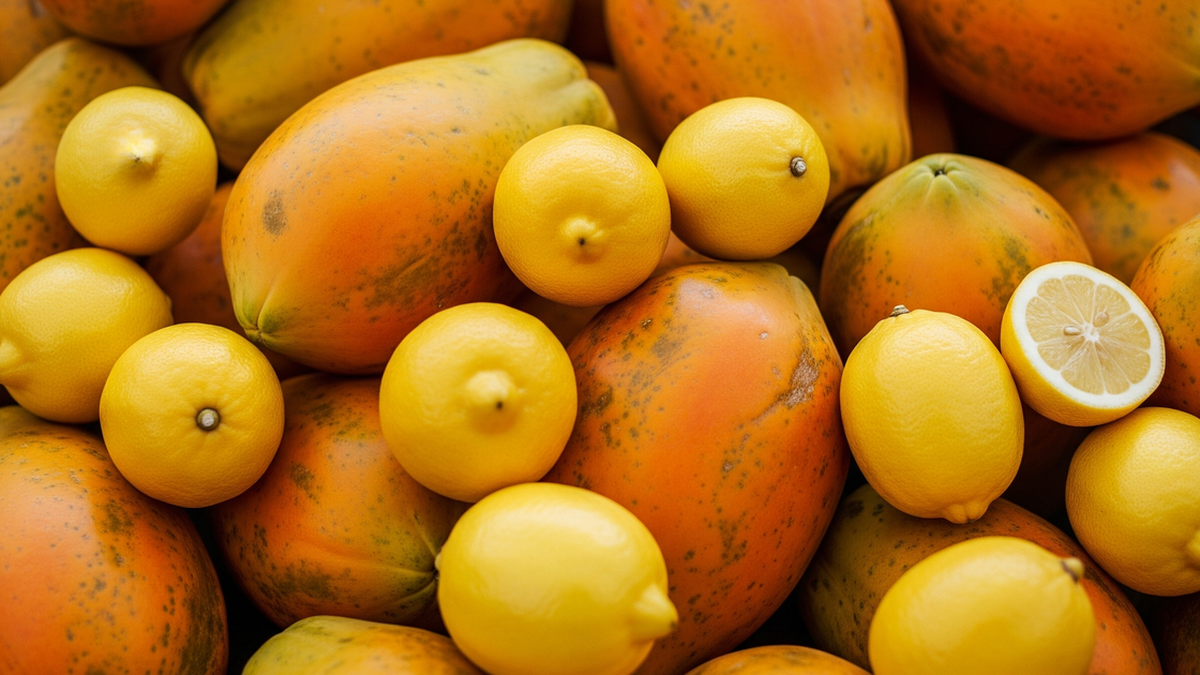


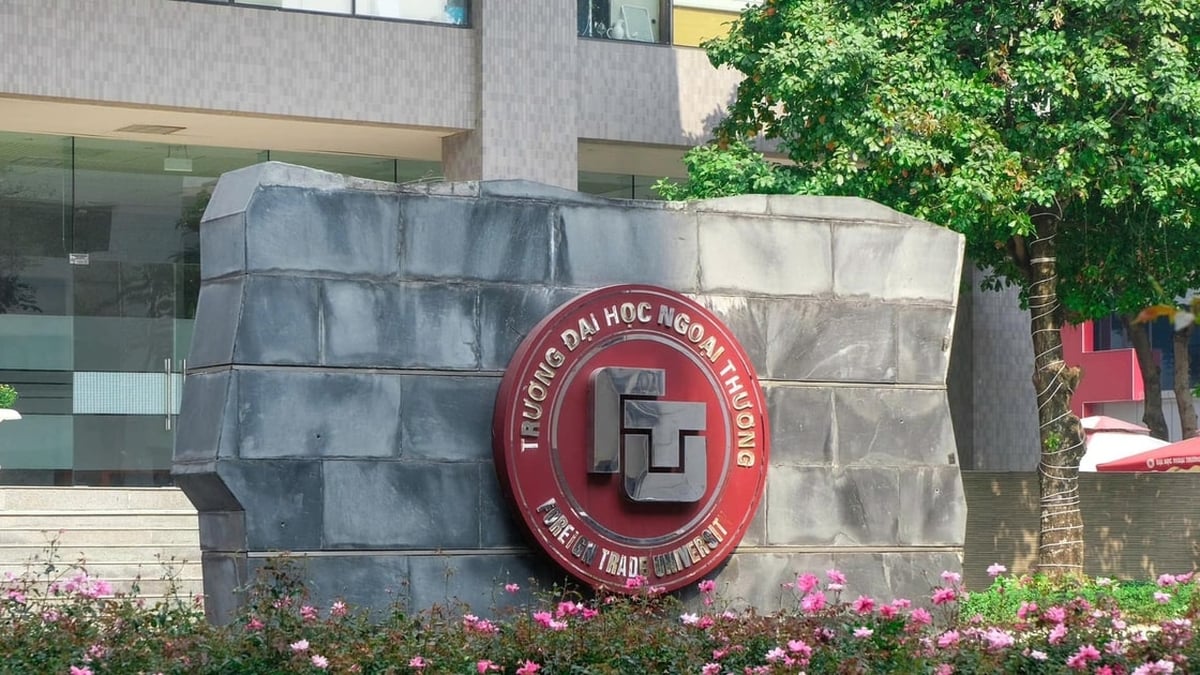

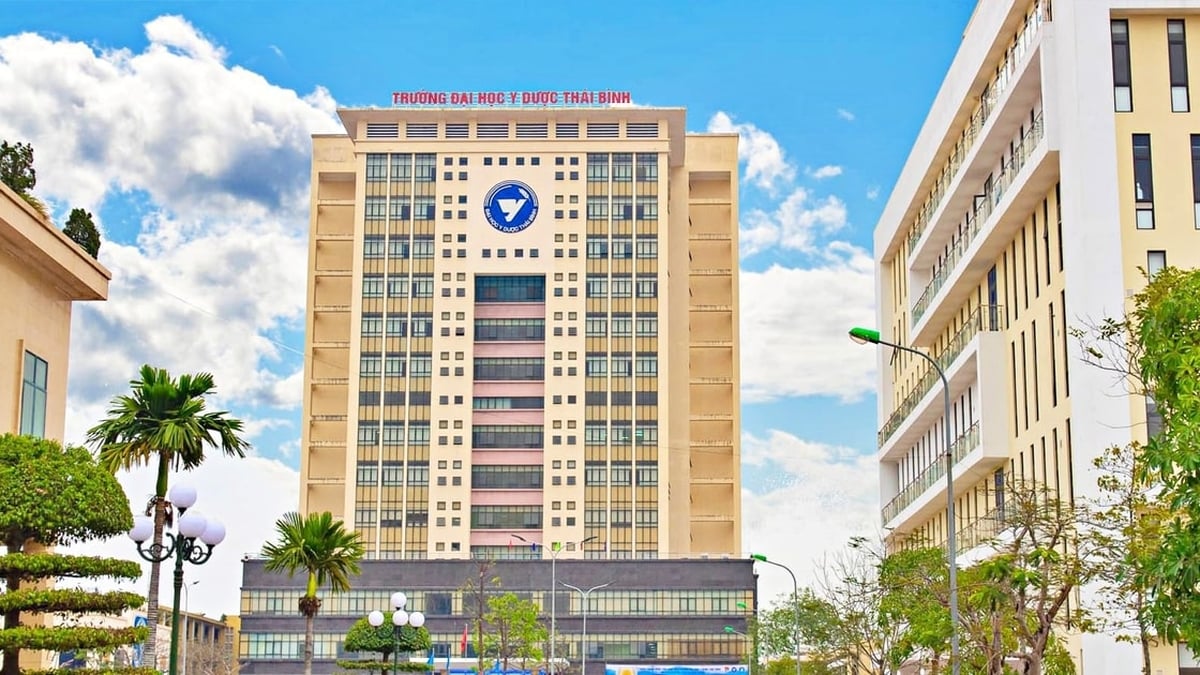
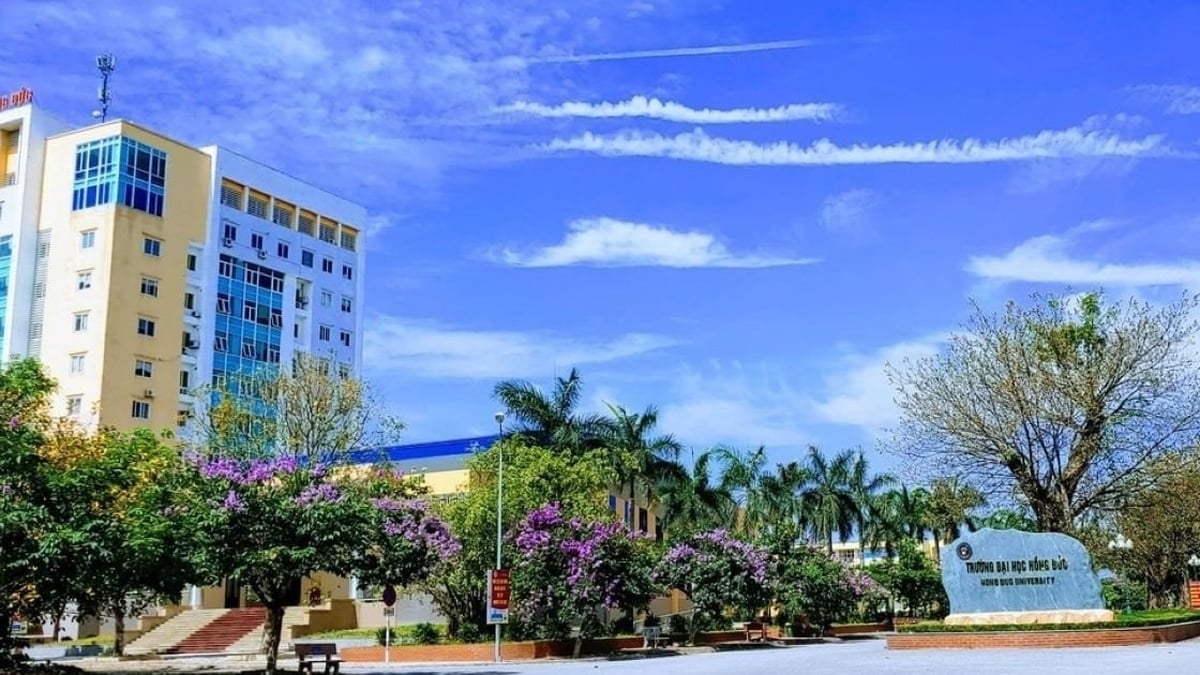
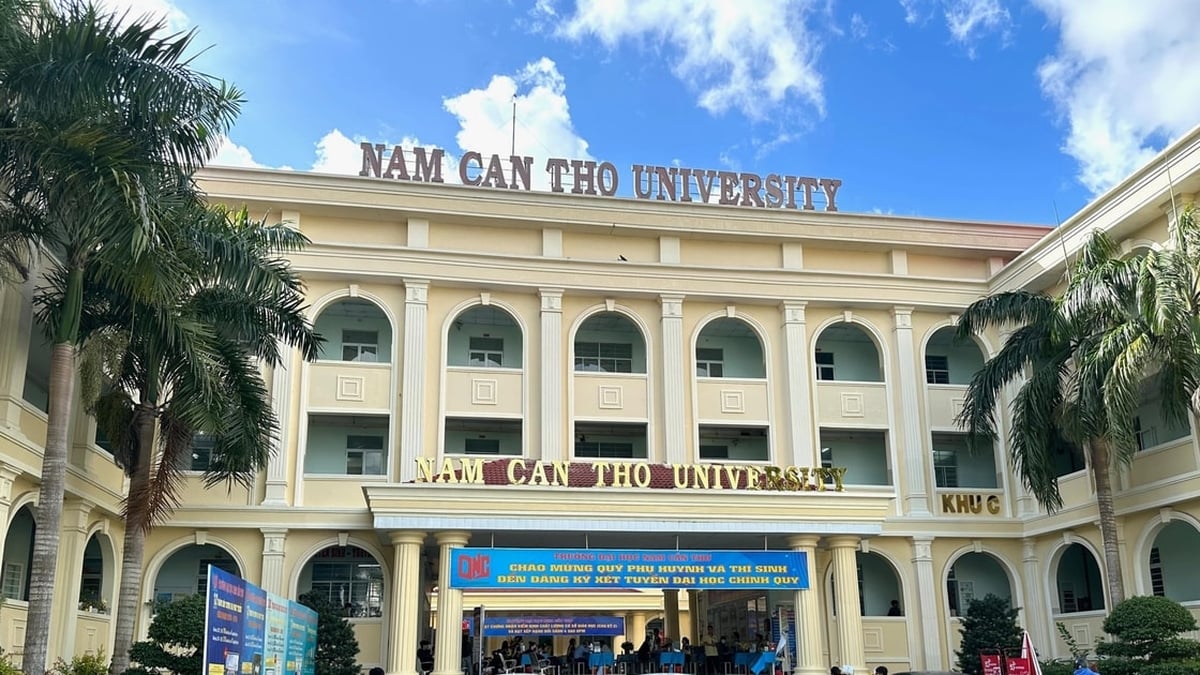






















































































Comment (0)